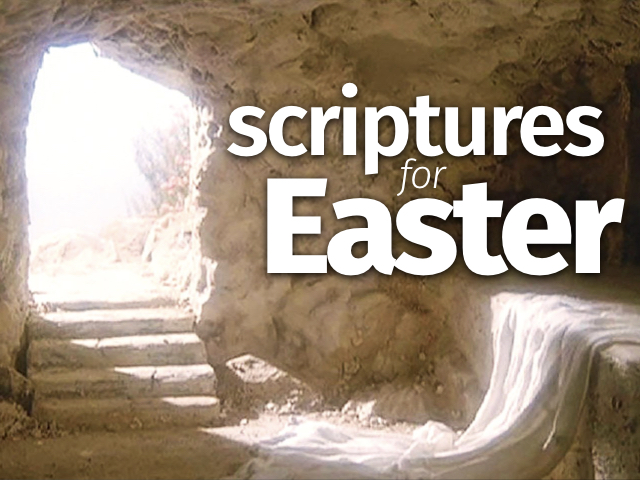
Matthew 5.25-26,
Luke 12.57-59.
In the scriptures, sins against others tend to be compared with debts. “Forgive us our debts, as we forgive our debtors.”
Y’see, if you borrowed money and didn’t pay it back when you agreed to, the ancients had the attitude that you never did mean to pay it back. You deceived your creditor into giving you money. You committed fraud; that’s a sin.
In some countries, like the Roman Empire, government officials would frequently buy you. ’Cause the Romans had tons of civic projects to work on. They built impressive stuff, and built it to last; lots of it is still standing. They’d build roads, aqueducts, amphitheaters, harbors, public toilets, public baths; anything they figured might bring Roman civilization to the public. Stuff that’d remind them it was good to live under Roman rule. The crucifixions alongside all the main roads would remind them it wasn’t so good to defy it.
And when I say “they built impressive stuff,” I mean Roman slaves built it. Then at night, they’d lock these slaves in prison lest they run away.
That is the historical background to what Jesus is talking about in this teaching from
Matthew 5.25-26 KWL 25 “Be reconciled with your opponent quickly- while you’re still on the road to court,
- lest they hand you over to the judge,
- the judge hand you over to his servant,
- and you will be thrown into prison.
26 Amen! I promise you:- You’re not coming out of there
- till you’ve paid the last quadrans.”
Luke 12.57-59 KWL 57 “Why can’t you judge what’s right on your own?58 For while you go with your opponent to the ruler,- while you’re still on the road to court,
- make an effort to settle things between you,
- lest they drag you before the judge,
- the judge hand you over to the bailiff,
- and the bailiff will throw you into prison.
59 I tell you:- You may never come out of there
- till you’ve paid the last lepton.”
In case you were curious: A lepton was the smallest Greek coin, a quadrans was the smallest Roman coin, and Mark says a quadrans was worth two lepta.




